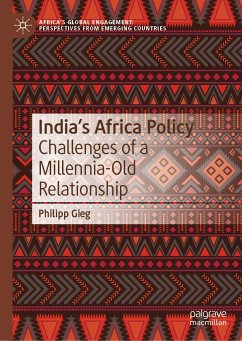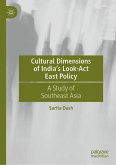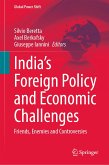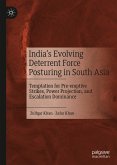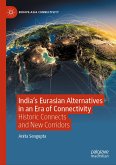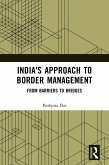India and Africa share a history dating back millennia. Today, India is one of Africa's biggest trading partner countries, second only to China. The country regularly extends lines of credit worth billions to African nations, and its pharmaceutical producers dominate many African markets; almost one-fifth of India's oil imports and more than one-quarter of its natural gas imports come from the continent. However, relations between India and Africa are far from being limited to economic cooperation.
The book scrutinises three foreign policy fields: (1) India's foreign economic policy towards Africa with an in-depth analysis of Indo-African trade, investment and lines of credit; (2) New Delhi'sdevelopment cooperation policy vis-à-vis Africa, its principles, instruments and volume; (3) India's politico-diplomatic foreign and security policy vis-à-vis Africa, including New Delhi's high-level diplomacy, security and diaspora policy as well as multilateral Africa policy.
Philipp Gieg is a postdoctoral researcher at the Chair of International Relations and European Studies, Institute of Political Science and Sociology, University of Würzburg, Germany. He holds a PhD in International Relations from the University of Würzburg. His research and teaching focus on Africa's international relations, Indian and German foreign policy, global norms as well as blockchain technology and its implications for global governance. He has published on Chinese and US Africa policy, India-EU relations and edited two books on the Democratic Republic of the Congo.
Dieser Download kann aus rechtlichen Gründen nur mit Rechnungsadresse in A, B, BG, CY, CZ, D, DK, EW, E, FIN, F, GR, HR, H, IRL, I, LT, L, LR, M, NL, PL, P, R, S, SLO, SK ausgeliefert werden.

